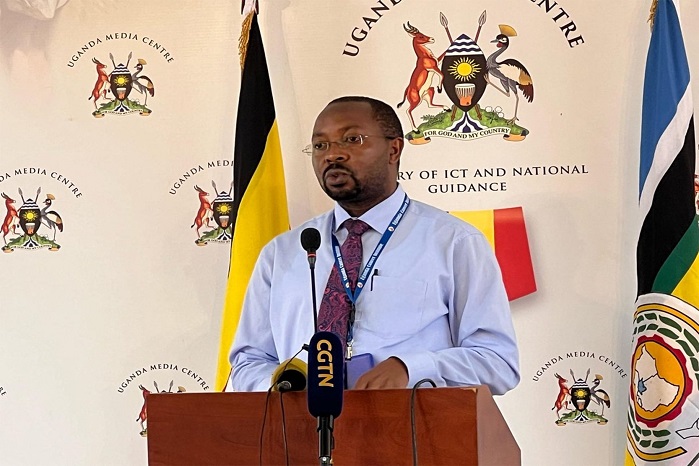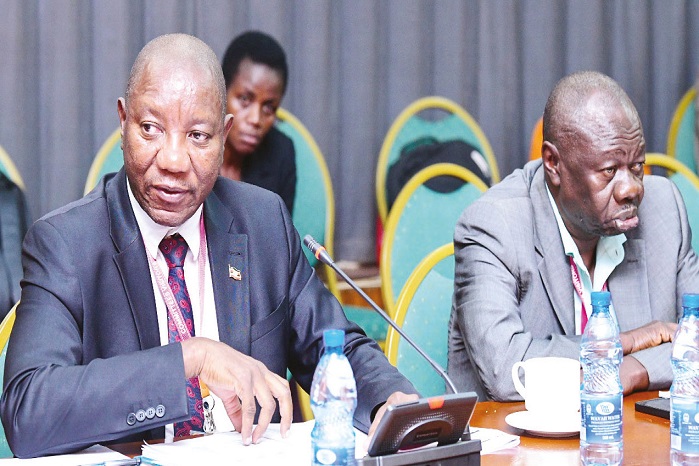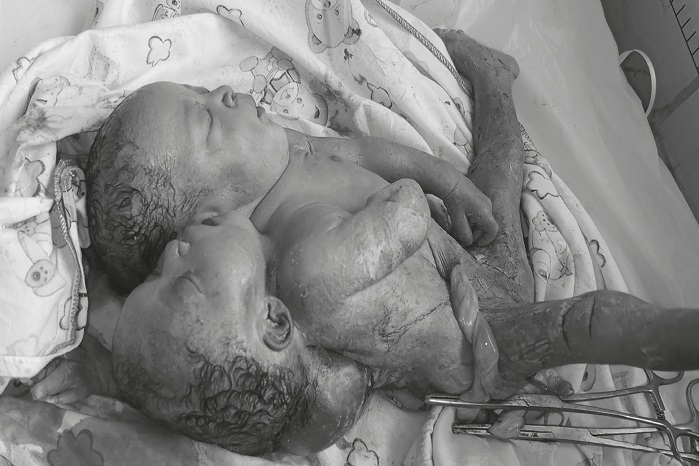
Ugandan scientists have achieved a significant breakthrough, securing a generous grant of $5.6 million (equivalent to approximately 21 billion Ugandan shillings) to go towards developing an HIV vaccine. This funding, part of a larger $45 million package that Uganda will share with seven other African countries engaged in HIV research, is earmarked for the development of a groundbreaking HIV vaccine.
The exciting announcement was made during a journalists’ briefing held at Hotel Africana in Kampala. The initiative is a collaborative effort between Ugandan scientists from the Joint Clinical Research Centre (JCRC) and the Makerere University Walter Reed Project (MUWRP).
These dedicated researchers have pledged to develop an HIV vaccine suitable for clinical trials within the next three years.
Dr. Cissy Kityo Mutuluuza, the Executive Director of JCRC, expressed her optimism about the project, which is funded by the United States Agency for International Development (USAID) and is scheduled to last for five years.
She noted, “Given the experience the medical personnel exhibit, the discovery may not reach the maximum time. We expect to have a vaccine product available at least starting in the third year of the project.”
The significance of this endeavor cannot be understated. As the world works towards eradicating the HIV epidemic by 2030, new infections continue to pose a significant challenge, with over 1.3 million new cases reported globally last year, more than half of which originated in sub-Saharan Africa.
Dr. Mutuluuza emphasized the urgency of addressing this issue, highlighting the fact that, in the past, most research and development in the field were predominantly Western-funded, leaving African countries underrepresented in clinical research. However, with the USAID’s substantial financial support, African scientists now have a unique opportunity to play a leading role in the fight against HIV and develop solutions that are tailored to the African context.
Dr. Charles Olaro, the Director of Curative Services at the Ministry of Health, underscored the significance of this development. He noted that, while the Ugandan government has been tirelessly combatting the HIV pandemic, the timely support from USAID comes as a crucial boost. A successful vaccine could not only reduce the number of new HIV infections but also curb the disease’s transmission.
In 2016, Uganda recorded over 52,000 new cases of HIV, equivalent to 1,000 new infections every week. Dr. Olaro highlighted the importance of this research, stating, “We are looking at this one as one of the best solutions for addressing the pandemic, which has been here for a long time, and it will have the biggest impact on eradicating and controlling the disease in the history of mankind.”
Furthermore, Dr. Olaro emphasized that the project’s success will alleviate the burden on the Ugandan government, as funds previously allocated to combating HIV can be redirected to other vital initiatives. Additionally, this endeavor opens doors for young scientists to join the fight and create opportunities for employment and skill development in the country.
The collaboration between Ugandan scientists and the support from USAID signals a significant step forward in the global mission to eliminate HIV, offering hope to countless individuals affected by the virus and demonstrating the power of international partnerships in tackling formidable health challenges.




